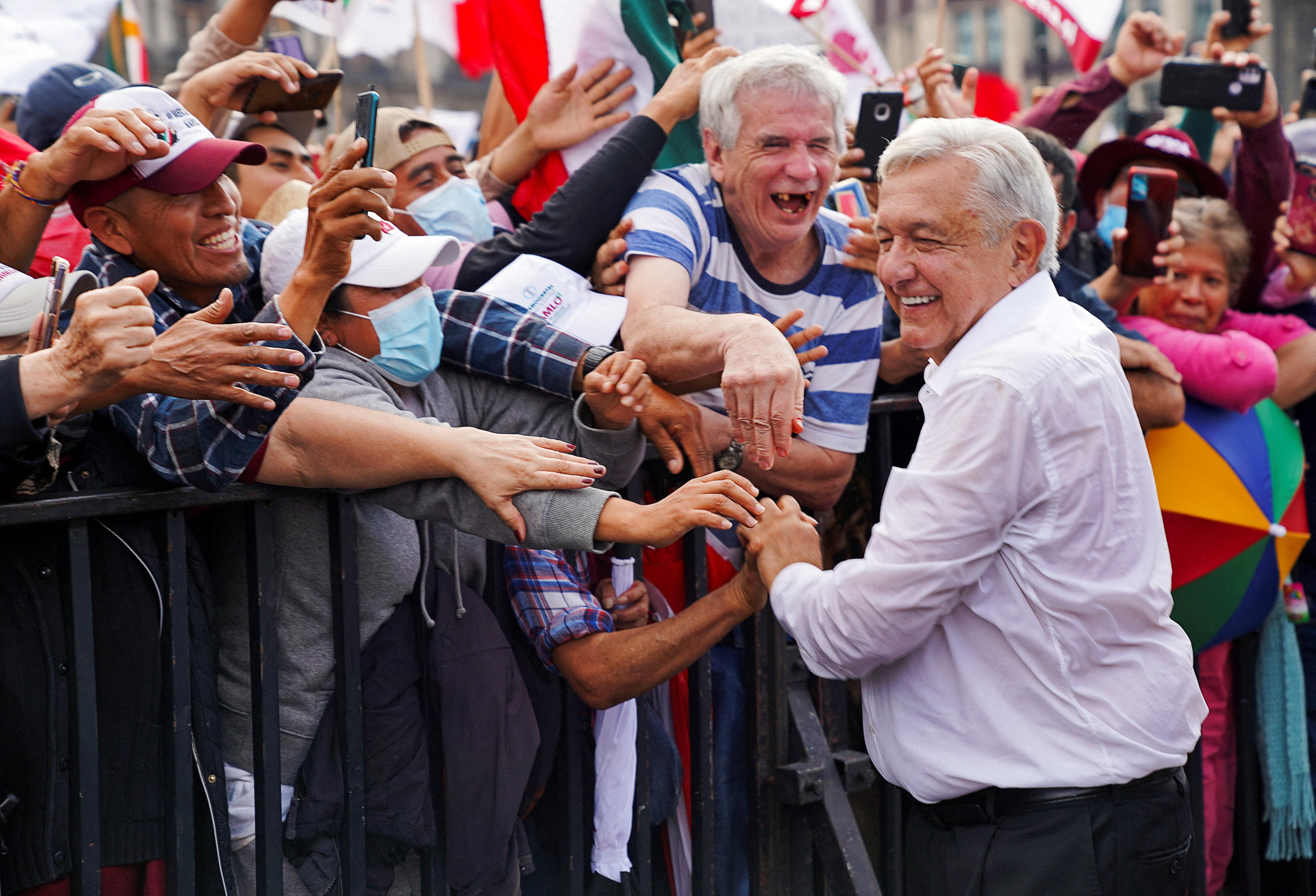5: Mexican President Andrés Manuel López Obrador led tens of thousands of his supporters on a five-hour march through the heart of the capital, Mexico City, as a rebuke to recent large protests that took aim at AMLO’s proposed changes to the electoral system, which critics said imperiled Mexico’s democracy. Four years into his single six-year term, AMLO — an ascetic leftwing populist — holds a commanding 60% approval rating.
30: European police have seized 30 tons (tons!!) of drugs in the bust of what authorities are calling a “super cartel” that controlled as much as a third of Europe’s coke trade. The sting, which took down dozens of suspects in Europe and the UAE, was planned for years. 2022 has been a banner year for EU drug busts — police at the Belgian port of Antwerp, a cartel favorite, have already conducted more than 100 large-scale raids.
14: A standoff between Somali forces and al-Shabab militants who seized a Mogadishu hotel late Sunday ended on Monday with 14 people dead, including 8 civilians. Authorities say 60 people were rescued from the Villa Rays hotel, a popular locale for government ministers and other officials. The Somali government recently mobilized a fresh campaign to retake villages and regions held by al-Shabab.
30: With the pandemic largely behind us now, someone special is in heavy demand again: Santa Claus. One major Santa booker in the US who works with malls and other holiday festivals says
demand for St. Nicks is up 30% this year. Another agency says they are finally back to pre-pandemic levels. If you’re thinking of a side hustle, Santas earn up to $300 an hour!
